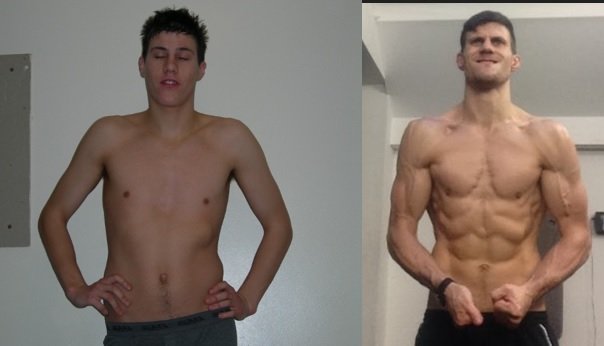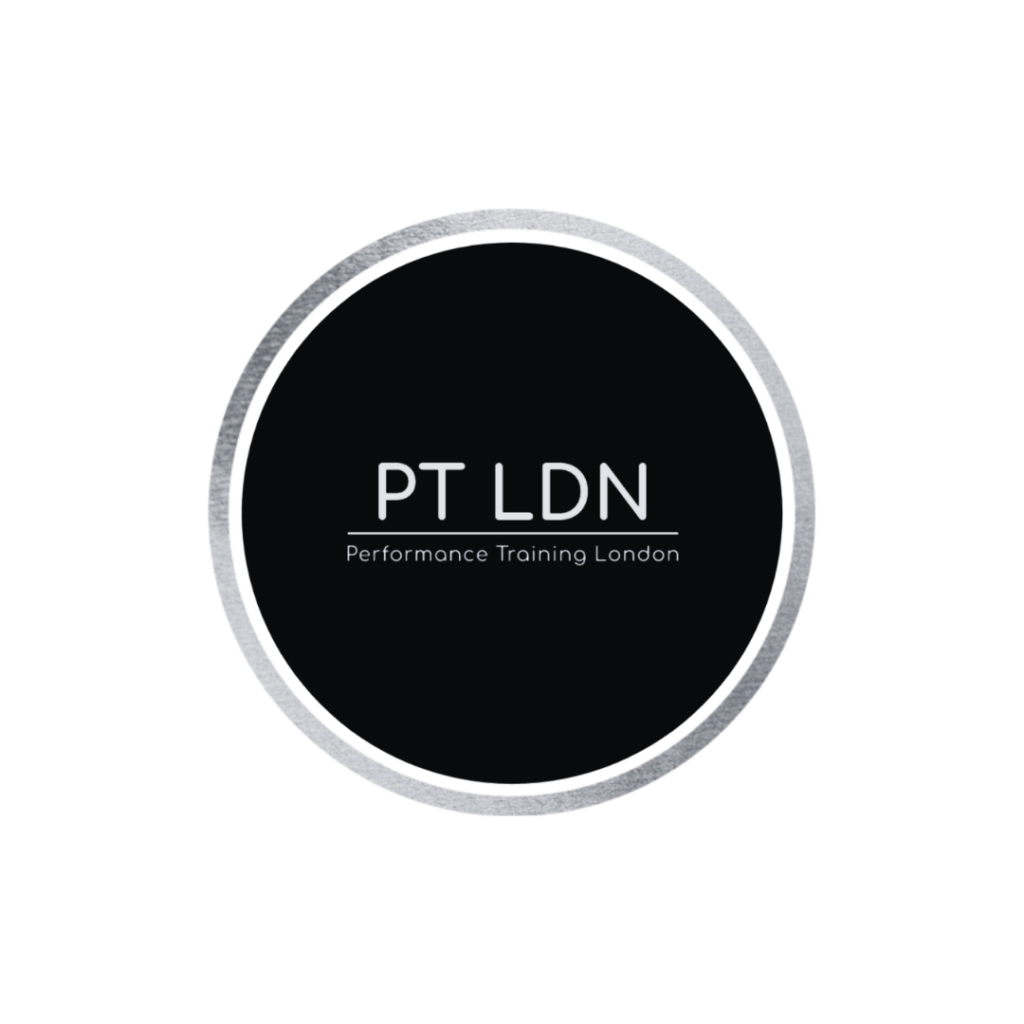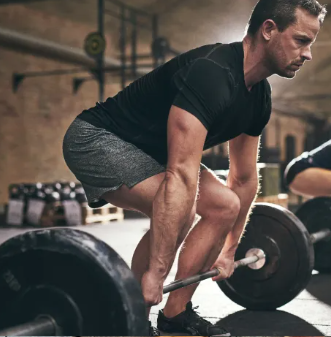Dude you need to have 300g of protein a day! Bro, meat is the only complete protein!! Man, you only have 45 mins post workout window to have your shake!! you must have protein every 3 hours, or you won’t make any gains!

It’s a rite of passage to hear this again and again and again during your gym training. Bro science at its finest. We are in agreement with Muscle and Strength, one of the industry leaders debunking a few myths here, meat was always consider THE key ingredient for muscle growth and strength, look no further than the king of bodybuilding Arnold Schwarzenegger and his diet during the early mainstream cultural interest in the 1970s. This influenced a generation of athletes and gym goers alike to build a diet around high level meat and dairy consumption (whey protein is derived from milk) to meet the protein requirements. A bit of, if it ain’t broke don’t fix it attitude.
In the last few years, popular Netflix films such as Cowspiracy, Game Changers and What The Health have brought to the mainstream the impact the meat industry has on the earth, the conditions the animals are brought up in and the quality of produce produced. This combination with changing consumer habits for healthier alternatives (red meat is bad for you)

has seen a spotlight shine on the benefits of meat free diets for muscle, strength and performance, which would not have been considered 10 years ago. This has led to more information being provided to help debunk some of the bro science you will hear and to provide you with informed decision making.

To give context, let’s look at the three main macronutrients that form a person’s diet and their role in the body. Number 1 is Protein, the king of all macronutrients, the compound that diets are built on.
Protein is a macronutrient that promotes growth of muscle tissue, tendons, fascia and other tissue within the body. When protein is viewed through a microscope, its structure is a long chain of amino acids, which build the body tissue, with me so far? There are 20 amino acids in total and these create different combinations that create different tissue based on the characteristics, eg tendons are strong and have elasticity, whilst muscle tissue (unfortunately including the biceps) is softer tissue with contractile elements. This means the body needs to ingest protein (to break down) to build tissue through different amino acids combinations.

Protein is readily available in meat and dairy products (big staples of the carnivore diets) and non-animal products including beans, pulses, peas, nuts, oats, quinoa and tofu (vegan/vegetarian staples). The real argument relates back to the amino acids mentioned earlier. There are two categories of amino acids, essential (ones the body cannot produce itself) and non-essential (ones it can produce), with meat and dairy being the only complete sources of all the essential amino acids to build muscle as shown here by healthline. Vegan sources are individually lacking in this complete amino acid profile. But here is the caveat, eating protein from a variety of sources will provide enough of the EAAs needed, so instead of just black beans, adding some tofu and chickpeas into your diet will give you a better chance of sourcing all of the 9 essential amino’s, a big kick in the gut there for the carnivore diet.
Our other two main macronutrients are energy providers, carbohydrates in the form of glucose and fats in the form of lipids which are eventually broken down to glucose. Glucose is the preferred energy source for the body as it can be oxidised and converted into energy quickly, whereas fat is slower to break down but provides more energy per molecule than carbohydrates. The amount of each you require is dependent on your training goal and training programme, sprint athletes will require more carbohydrates do to the quick nature of their sport, strongmen eating 6,000 KCAL plus daily will want high fat to accumulate the calories with less quantity of food consumed.

Now is where it gets interesting and the bro science becomes almost gospel, how much do we need? How often? What sources?
We have already seen that a vegan diet will provide the essential amino acids needed for muscle growth, but in what quantity to meet the 300g a day you heard about needing? Would you need to eat 10 x a day to get that amount?

In short, no, no and no. Numerous studies for professional athletes – whose job 24/7 is dependent on the performance ability- will aim to ingest up to 2g of protein per kg of bodyweight a day, studies such as THESE HERE have shown this amount to be optimal for this demographic, which all things considered having a higher requirement than the majority of gym goers or recreational athletes so logic dictates that our level of consumption should mimic theirs for optimal results. If the average male is 80kg, 80 *2g would mean 160g protein a day (in context 0.75g/KG for adults is recommended by the British Nutrition Foundation on page five here meaning 60g for our 80kg adult), easily consumable over 4-5 meals at your convenience. There will be better protein sources (due to digestibility) at different times of the day (waking/post training) but the takeaway is the bro science of huge amounts of animal protein sources to hit generic numbers are not needed. At PTLDN our goal is to develop long term athletes so our dietary intake will be aligned with the 2g a day from a variety of sources:
· Beans
· Tofu
· Quinoa
· Chickpeas
· Lentils
· Seeds
· Nuts
· Pea
· Pea Protein
· Free Range Organic Eggs
· Grass Fed Beef
· Free Range Organic Chicken/Turkey
If you are interested in supplementing with the highest quality supplements available, then check out Reflex Nutrition here Use code PTCOBURN17 for a huge 40% off
With the remaining KCAL requirement filled up from carbohydrate and fat sources as per the training block we are in. Diets are a personal choice, although as experts in body transformation and performance, what you ingest, when and in what quantities will have a big impact on your result. As a basic start, our recommendation is to split the remaining KCAL 50/50 with carbs and fats.
80kg male requires 300KCAL for muscle growth
Protein requirements at 2g per KG
80x 2 = 160g
Protein at 4KCAL per g
160*4 = 640KCAL
Remaining calories
3000 – 640 = 2360KCAL
Carb and Fat calories
2360/2 = 1180KCAL
Carb at 4KCAL per g
1180/4 = 295g carb per day
Fat at 9KCAL per g
1180/9 = 131g fat per day
Daily total
Protein 160g 640KCAL 22% Daily Calorie Intake
Carb 295g 1180KCAL 39% Daily Calorie Intake
Fat 131g 1180KCAL 39% Daily Calorie Intake
This is an example, with a recommendation to track body composition, strength and feelings as to adjustments that are needed as diet specificity is a huge topic on its own.
The takeaway from today is that bro science isn’t always wrong, it’s usually just verbal from a gym bro, using a reputable organisation and getting substantiated guidance from a fitness expert will save you:
· time
· money
· effort
And you will get
· results
· accountability
· modifications
you should vary your protein sources and meat is optional not compulsory for muscle growth, protein at the right amount for your bodyweight is the basis of your diet and the remain calories can be split in favour of either carbs/fats dependant on your training goal and specific preferential nutrition.
If you need guidance on your needs and how to build more muscle and strength with a nutritious and healthy diet, leave a comment below or get in touch with us glenn@ptldn.co.uk

